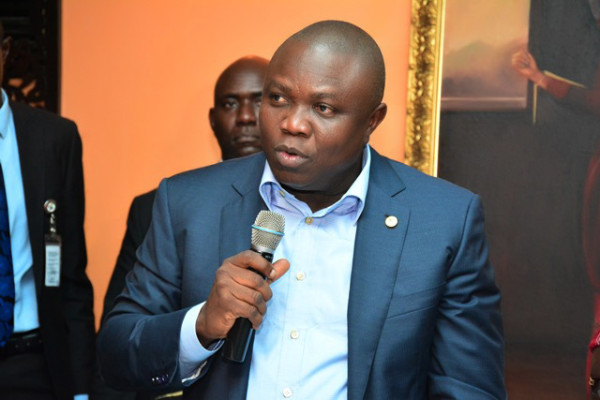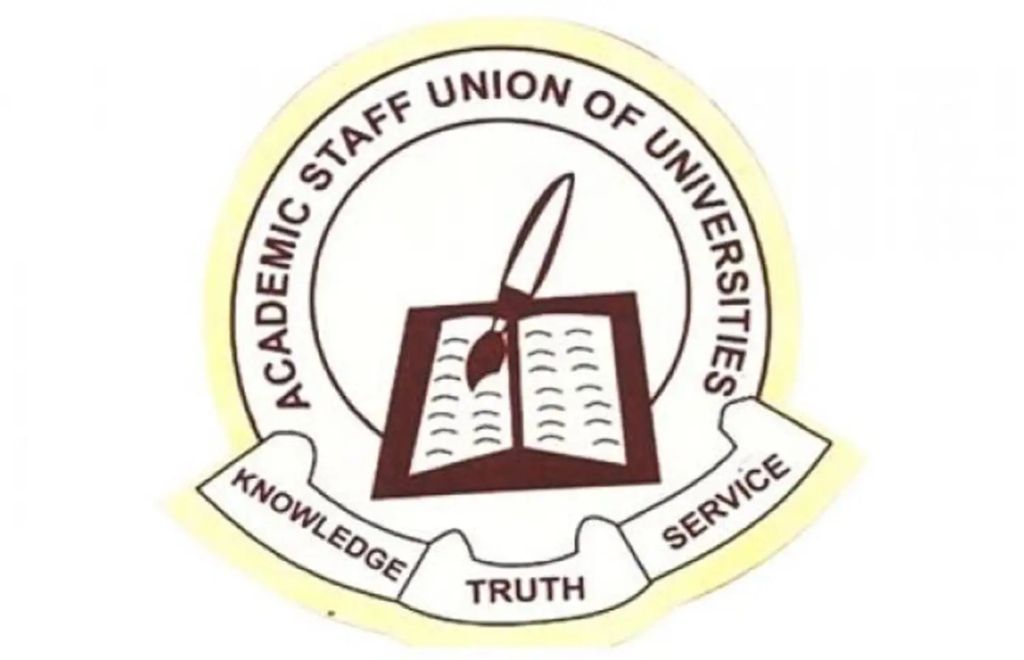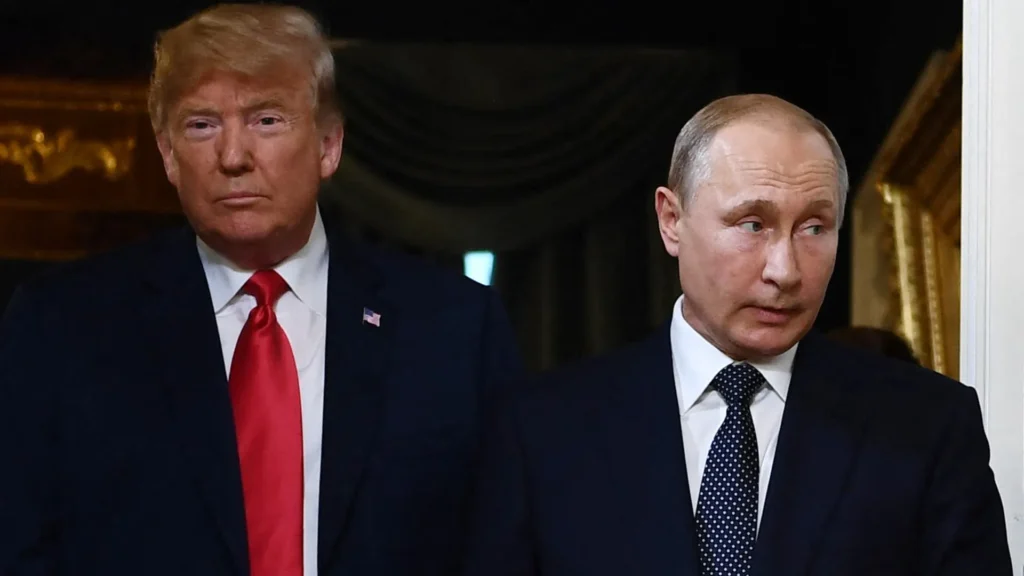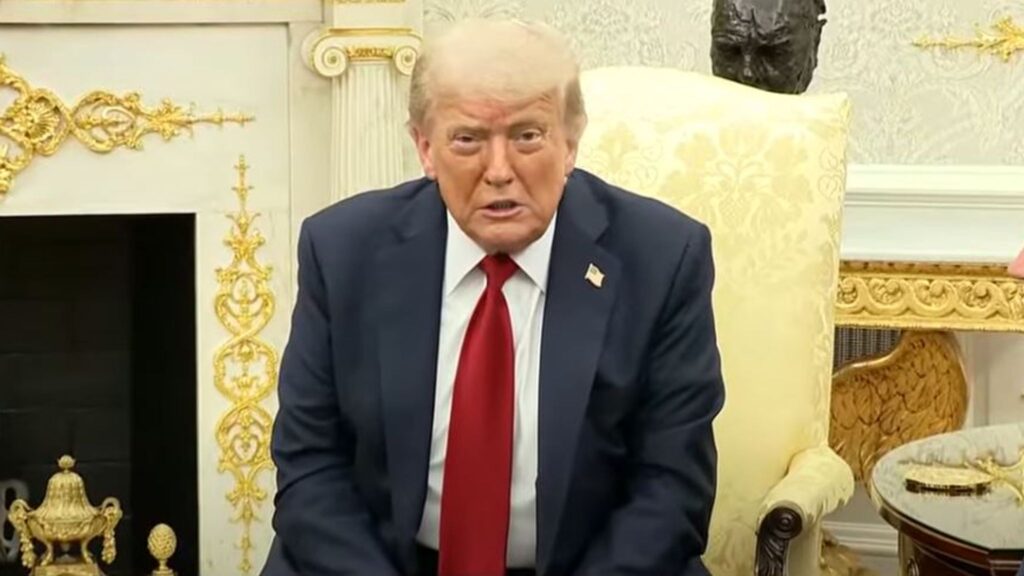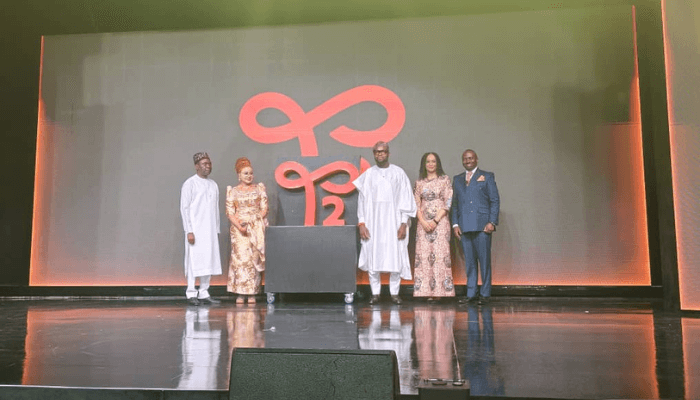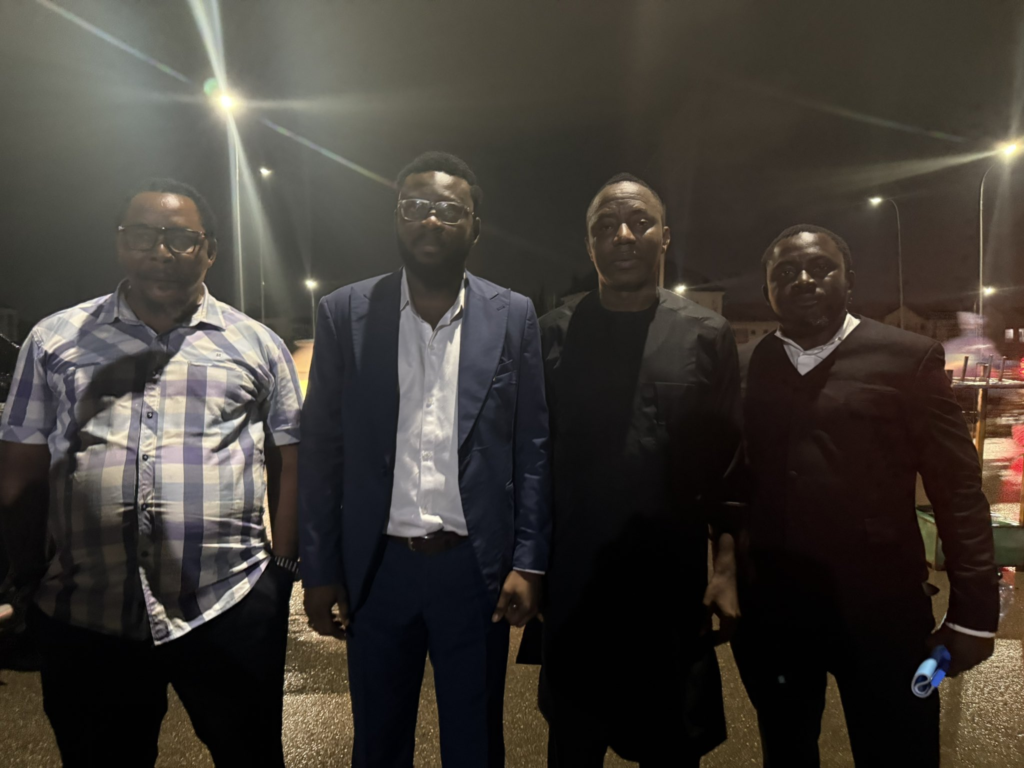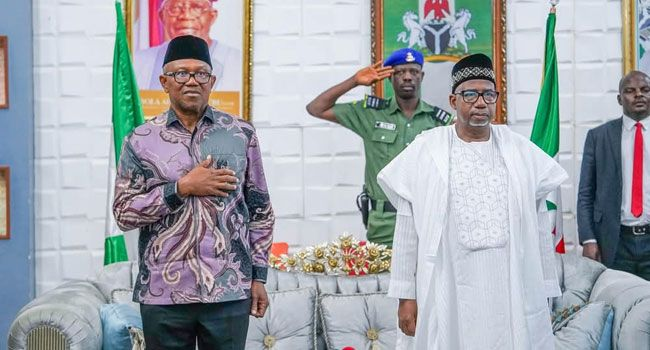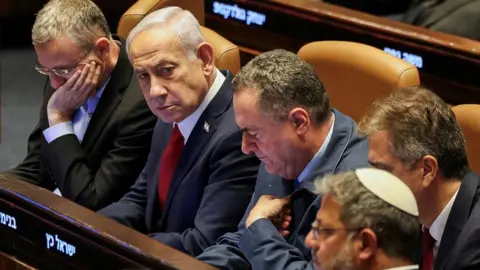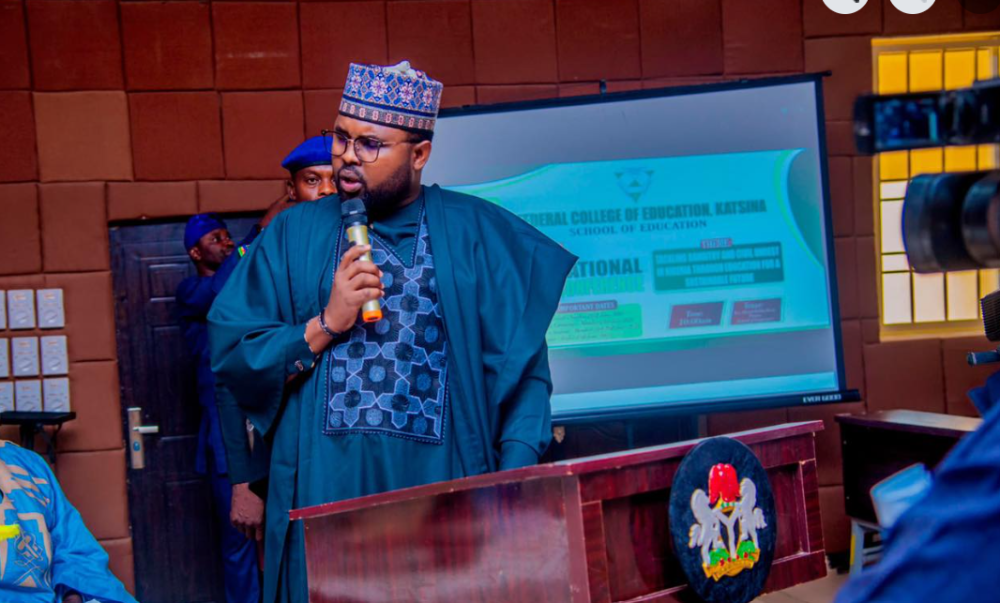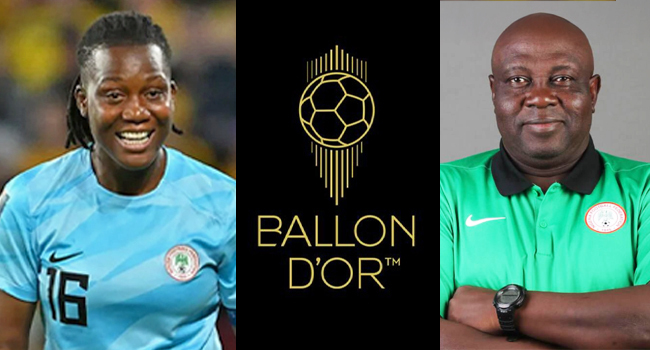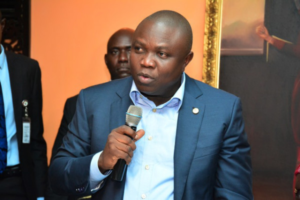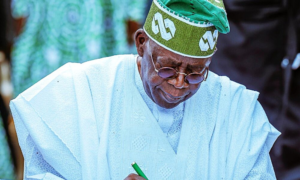Governor AbdulRahman AbdulRazaq of Kwara State has declared a zero-tolerance stance against child marriage, affirming that the state will fully enforce laws safeguarding the rights and dignity of the girl-child.
Speaking in Ilorin at a media and policy advocacy event themed “Safeguarding Our Adolescents at Home, Schools and Communities to Reach Their Full Potential,” the governor represented by Commissioner for Social Development, Dr. Mariam Nnafatima-Imam described early marriage as a life-threatening menace and a gross violation of the Child Rights Act.
“Early marriage is not only a violation of the Child Rights Act, it is a life-threatening menace that leads to complications like obstetric fistula and robs young girls of their dreams,” AbdulRazaq said.
He assured that the Violence Against Persons Prohibition (VAPP) Act, already domesticated in Kwara, would be strictly implemented to combat early marriage, abuse, and other forms of gender-based violence.
The event, organised by the Chidimma and Havilah Foundation in partnership with the Nigeria Union of Journalists (NUJ) Kwara State Council, convened journalists, civil society groups, and key stakeholders to push forward adolescent protection reforms.
Delivering the keynote titled “Empowering the Next Generation,” Alhaji Abdulganiyu Dare, Kwara State Director of the National Orientation Agency (NOA), emphasized media literacy, grassroots mobilisation, and parental involvement as essential strategies for adolescent protection. He also stressed the importance of digital safety and comprehensive sex education.
Chairman of NUJ Kwara Council, Malam Abdullateef Lanre Ahmed, decried the rising incidents of tech-driven gender-based violence, citing the recent ritual killing of Hafsoh, a student at the Kwara State College of Education, as a tragic wake-up call.
“The Hafsoh case is a wake-up call. We must collectively act to protect our children,” Ahmed urged.
Miss Havilah Omotosho, speaking on behalf of the Chidimma and Havilah Foundation, reaffirmed the organisation’s commitment to advocacy, education, and healthcare initiatives for vulnerable girls, while praising First Lady Professor Olufolake AbdulRazaq for her ongoing support.
Veteran broadcaster and former commissioner, Alhaji Hameed Adio, challenged the media to reshape public narratives by promoting value-based storytelling, showcasing role models, and tackling moral decline through content that champions integrity and excellence.
“The media must set new narratives, showcase role models, and combat the harmful celebrity culture,” Adio said.
He also called for the revival of communal mentorship, urging stakeholders to modernise traditional guidance systems in ways that can effectively support and protect today’s adolescents.
The event concluded with a unified call to action for government, media, civil society, and families to work together in ensuring that every Nigerian child grows up in a safe, empowering environment.


